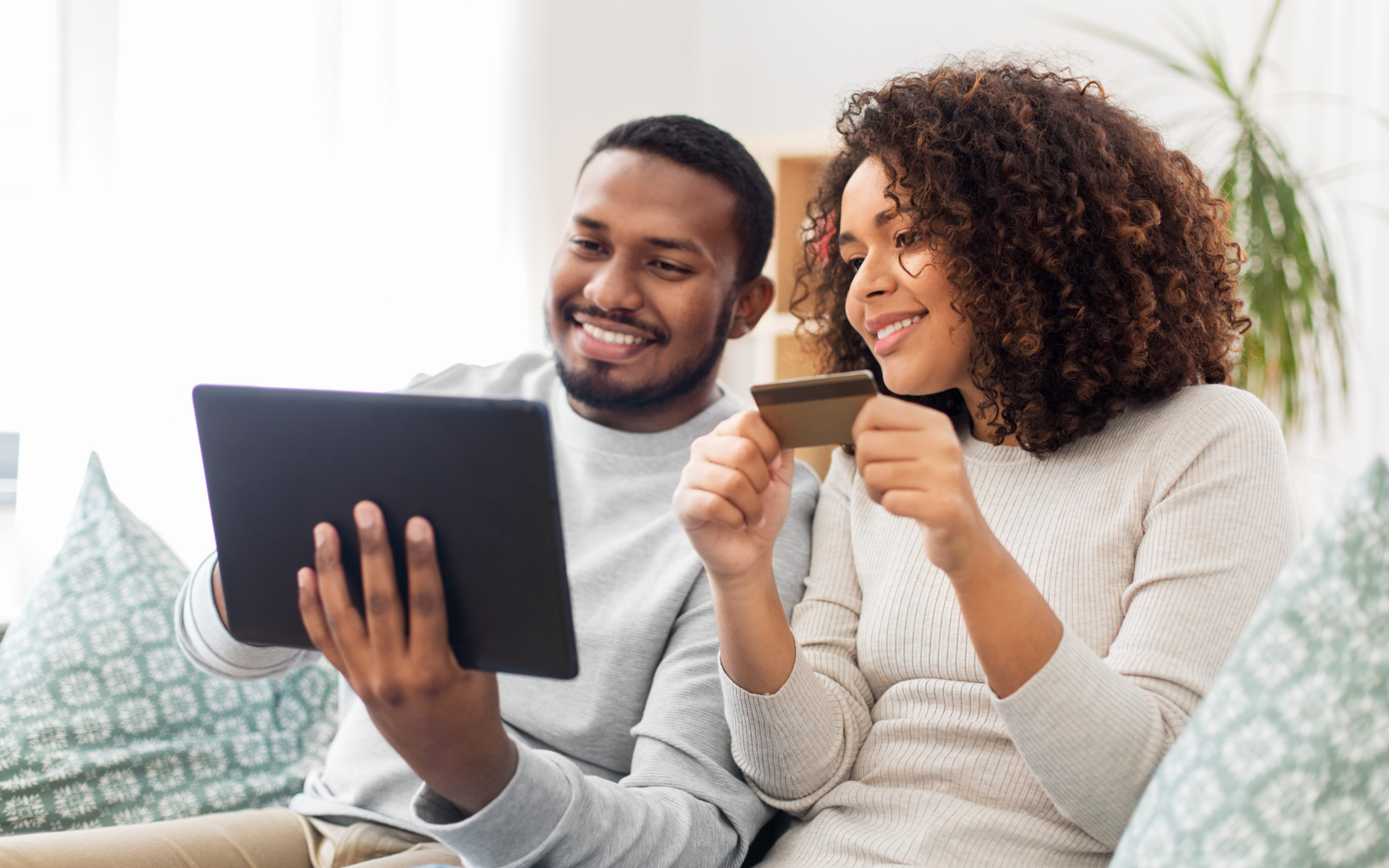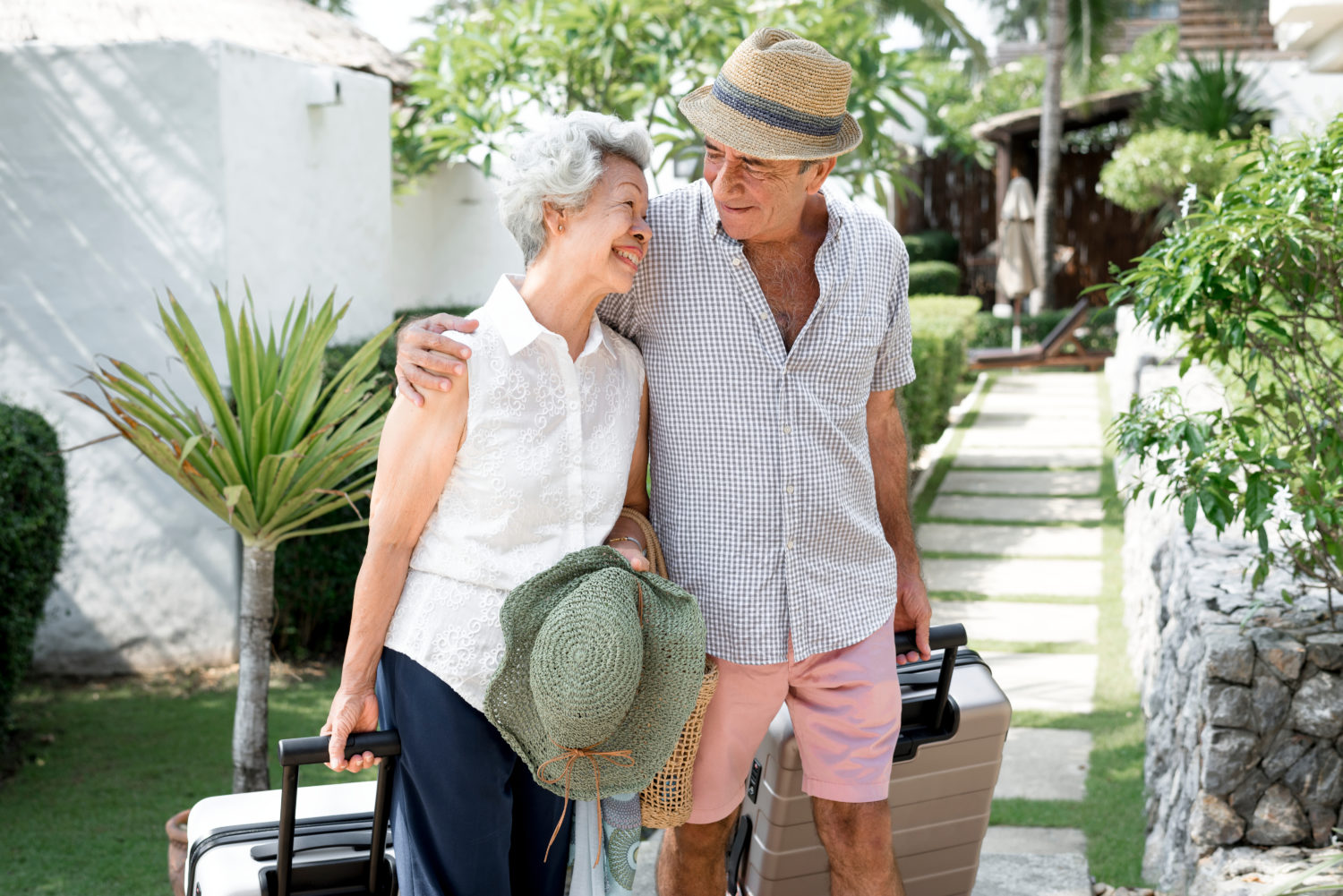How Contactless Upgrades and Frictionless Spending Influence Revenue

Even before the coronavirus pandemic throttled the globe, credit card companies and retailers were beginning to make the shift toward contactless payments following the success of Apple Pay and Google Pay. That process was expedited, and even now hoteliers are being encouraged to make contactless payment at check-in a reality for the safety of guests and staff. In some cases, hotels are encouraged to push the entire payment process online, having guests utilize mobile check-in for a touch-free experience. However, it’s hard to promote possible upgrades to guests – whether it’s a bigger room or longer stay – when guests are not interacting with a front desk employee at check-in. It is possible to include promotional techniques into earlier phases of the guest’s booking process by utilizing the concept of frictionless spending.
What is Frictionless Spending?
Frictionless spending is the idea that a consumer is able to easily pay for a good or service no matter how much it is they spend. There is no point of resistance between them and the product or service they’re searching for, making the purchase ultimately smoother for the consumer. An article from HospitalityNet uses the introduction of credit cards as the perfect example of frictionless spending, as before they were implemented, one piece of friction for buyers was the simple act of money leaving their hands.
Similarly, the author discusses friction between guests and the front desk staff at a hotel – asserting that potential guest anxiety acts as resistance against their willingness to upgrade or extend their stay. Moving the entire interaction online, focusing on the early stages of a guest’s travel journey erases that resistance entirely, making the transaction as frictionless as possible. There are a couple of different ways you can implement this idea as a hotelier.
Encouraging Upgrades Pre-Booking

The first place to capture guests and encourage frictionless spending is by advertising upgrades through your email and social media platforms. Offering attractive package deals is an easy way to draw travelers’ attention, and you can always take it one step further by using some of your posts to discuss the benefit of upgrading. In these posts, you can utilize guest reviews if they include language like “I didn’t want to leave!” Alternatively, you can feature an amenity available for guests who book a different room type – showcasing an in-room kitchen or private bathroom, for example.
If you have a loyalty program in place, you can create an email campaign to send out the best from your hotel. Once guests visit your website, they should be able to easily book with you.
Contactless Upgrades During Booking
You can encourage all guests to make contactless upgrades and extensions throughout their booking process. One option to consider is to elements to your checkout page – like a banner or sidebar, for example – that advertise popular upgrades made by guests in the past. Enticing language about extending their stay or enjoying the comfort of a larger room can incentivize guests to make the upgrade. Additionally, you can structure content on your website so certain rooms types or packages are placed next to rooms that are considered one step up. For example, a one-bed room can be beside the rate for a one-bed room that has an in-room kitchen. Using language like “for just $10 more per night,” a guest might be convinced to take advantage of the additional comfort, especially during a time when added space and comfort is invaluable.
Contactless Upgrades During Stay

With careful planning, you can even influence guests to upgrade during their stay. As many guests will be most comfortable using their personal smartphones for interactions, you may want to implement ways to upgrade or extend a stay through that medium. You can facilitate these upgrades through mobile apps, an SMS service, guest services calls, or even through social media direct messaging.
Showcasing easy ways for guests to contact you will help guests feel comfortable with upgrading or extending their visit, and you should advertise any method you choose to implement through social media posts, post-check in emails, or in-room signage. Having clear messaging helps reduce questions your guests may have, and helps build their trust in you.
Earning last-minute guest upgrades is difficult when you’re unable to rely on friendly staff members and smiling faces that help your guests feel at home. However, putting that effort into your online marketing efforts and website can help influence travelers to go for the upgrades and overall influence revenue. Travel Media Group offers expert social media and website services designed to help you determine what method works best for your specific hotel.





0 Comments